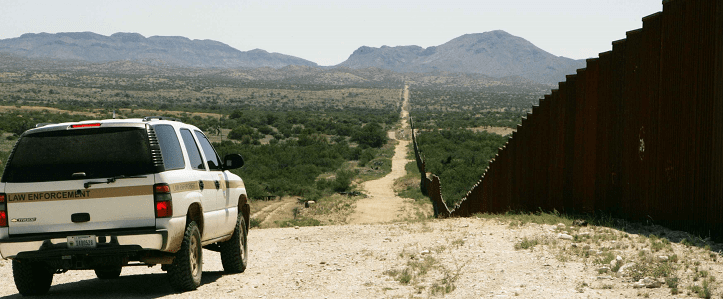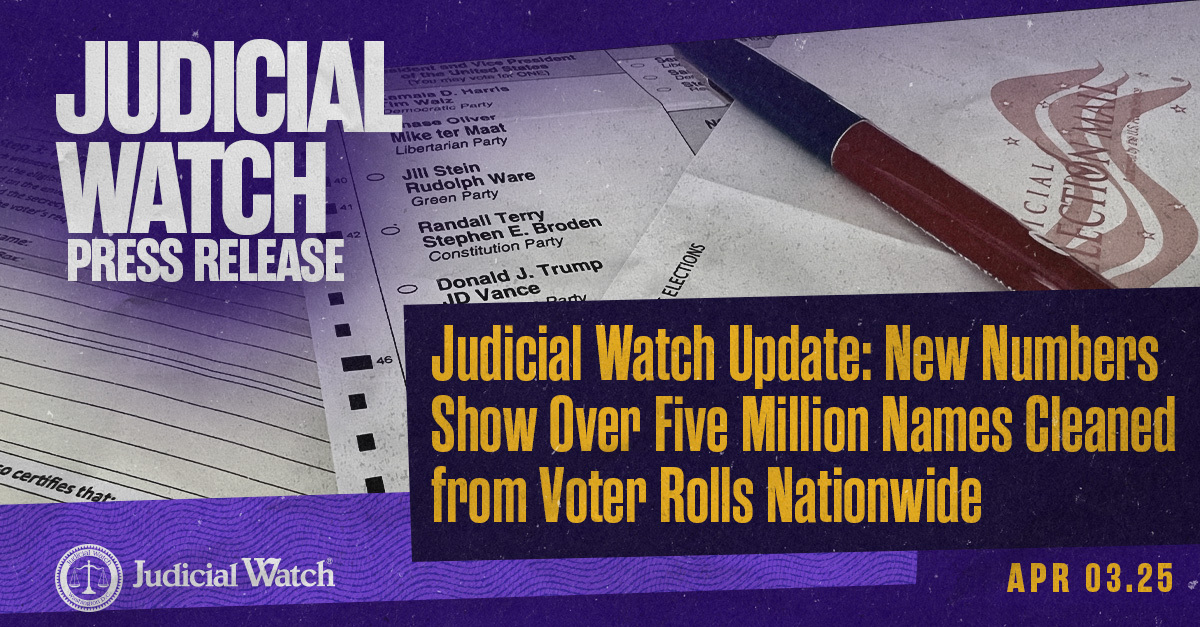
Border Patrol Fails to Secure Containers with Seized Drugs, Weapons, Explosives

One of the nation’s busiest Border Patrol sectors for illegal immigrant apprehensions and drug seizures has serious security issues that “pose an immediate threat” to agents, assets and operations, according to a federal audit. Unannounced spot inspections conducted by the Department of Homeland Security (DHS) Inspector General determined that stations within the Border Patrol’s Tucson Sector, which covers most of Arizona, uncovered the security lapses which apparently have existed for years.
“During our recent spot inspections of Border Patrol stations in the Tucson Sector, we observed, and Border Patrol agents corroborated, multiple physical security issues that raise concerns about agent safety at two locations,” the DHS IG writes in a recently published report. “Both facilities have vulnerable outdoor storage containers secured with padlocks that could be easily opened with common bolt cutters. Container tops and walls could also easily be compromised with a blow torch or other widely available tools. The containers we inspected held ammunition; small arms; riot control explosives; proprietary surveillance equipment; seized drugs; and sensitive hardcopy prosecution, investigation, and personnel documents.”
The stations aren’t identified for security reasons, but the audit reveals that one facility’s eight-foot perimeter wall has inadequate camera coverage and allows public access to the full perimeter and visibility of storage containers, as well as seized and government vehicles. Additionally, poor outdoor lighting impedes adequate camera surveillance at night. Another Tucson Sector station has inoperable security cameras and a six-foot chain link fence that allows public access to the full perimeter as well as visibility of storage containers, operations, a fuel storage tank, structures and government vehicles. Investigators found serious vulnerabilities at three other compounds, including one in which outsiders freely roamed vehicle storage areas after following Border Patrol vehicles through the main gate unchallenged. Other stations have control room monitor displays in detainee cells that don’t function.
“During interviews with Border Patrol agents, we learned of other security risks,” the DHS IG report states. They include detainees forcing open detention cells in one location, an “intelligence” trailer situated in a vulnerable location near a perimeter fence and agents having to park their personal vehicles in a public lot adjacent to the station because of insufficient space. The 13-page report includes photos of “dangerous and sensitive items” stored in “easily accessible padlocked containers.” This includes weaponry, ammunition, seized drugs and explosives. Other photos include the vulnerable gas storage area, perimeter walls and the exposed intel trailer. The report indicates that the investigation was initiated at the request of Border Patrol supervisory agents who expressed concern about serious potential threats to agent safety and mission execution.
The Tucson Sector covers 262 miles with about 4,000 agents in eight stations. The facilities are in Why, Casa Grande, Douglas, Bisbee, Nogales, Sonoita, Tucson, and Willcox. Last year the Tucson Sector ranked first in marijuana seizures (728,367 pounds) and second (64,891) to the Rio Grande Valley Sector in Texas (186,830) in apprehensions, according to government figures. Tucson also apprehended the second largest number (18,397) of illegal immigrants from countries other than Mexico, officially classified by the government as Other Than Mexicans (OTMs). Judicial Watch has reported on this extensively, specifically how Islamic terrorists have joined forces with Mexican drug cartels to enter the U.S. through the famously porous, 2,000-mile southern border. Read about it in a Judicial Watch investigative series that documents how cartels, corruption and terrorism have ignited a major security threat on the Mexican border.
As for the vast terrain that the Tucson Sector patrols, it has long been one of the nation’s most dangerous to guard. Years ago, Judicial Watch reported that federal agents in the vicinity were ordered to stay away from the most crime-infested stretches because they’re “too dangerous” and patrolling them could result in an “international incident” of cross border shooting. At the time the Tucson sector accounted for nearly half of all seized marijuana and half of all illegal immigrants apprehended entering the U.S.
















